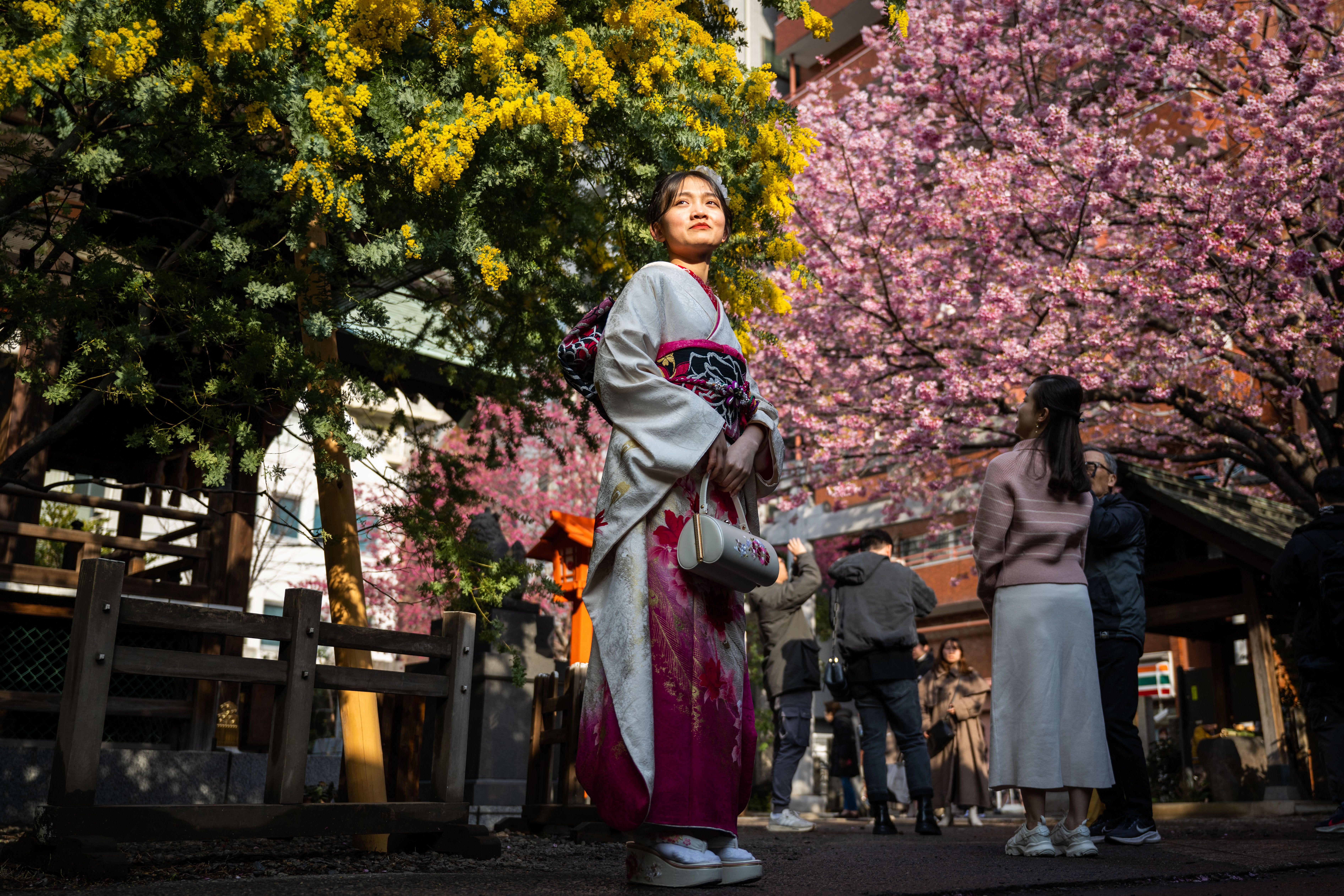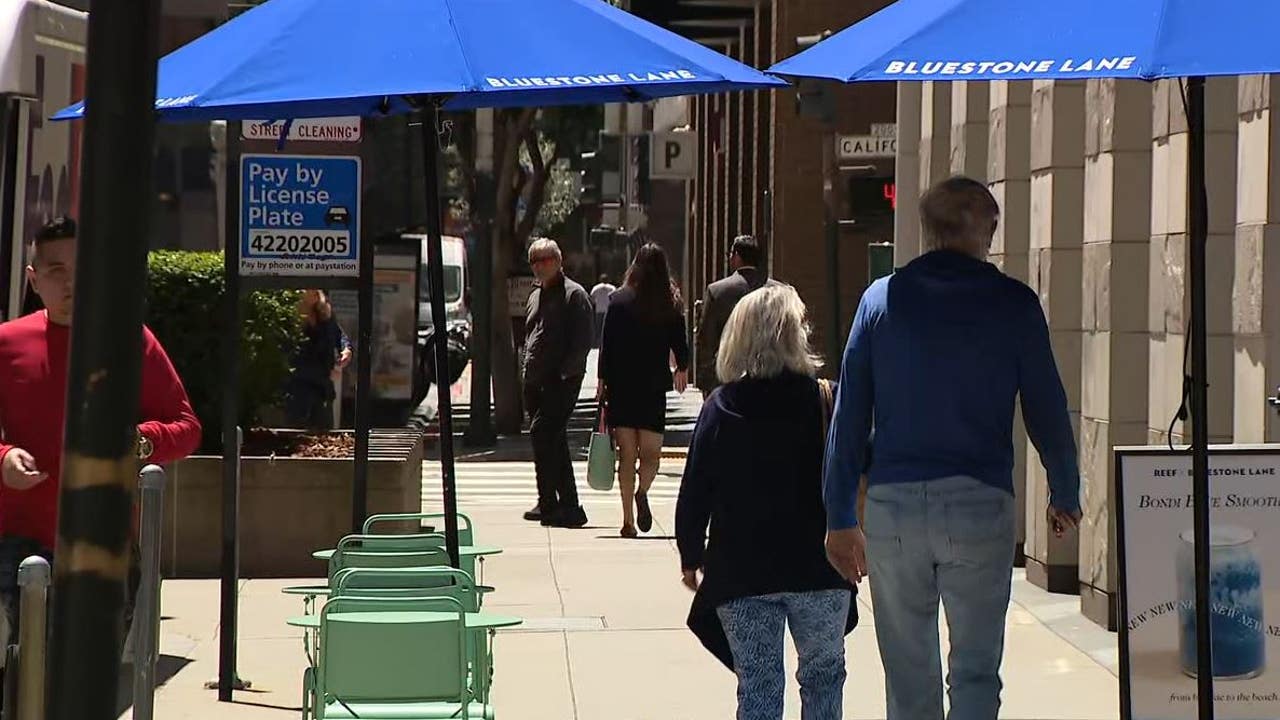Travel
Japan travel searches by Chinese Gen Zers surge over 700%

To the delight of cautiously optimistic tourist destinations and retailers, Chinese travelers are returning in significant numbers to Japan, defying expectations that recovery would lag well into 2024. Perhaps more encouragingly, what sets this resurgence apart, is that it is marked less by the volume of visitors and more by a shift in spending patterns.
Since the pandemic, Chinese travelers have largely shifted to domestic tourism, staying closer to home out of convenience and a quest for value for money. In 2023, roughly 489 million domestic trips were made within China, compared to 101 million cross-border trips, 70% of which were to Hong Kong, Macau, and Taiwan.
While domestic tourism booms, a growing number of Chinese travelers are traveling to Japan, or intend to in the near term, indicating a readiness to venture and – more importantly for brands – spend abroad.
According to Airbnb China, Japan tops the list of searches for outbound tourists this spring, followed by New Zealand, the US, and Italy. Ahead of Qingming (Tomb-sweeping) Festival earlier this month, long-haul travel searches jumped more than 250% year on year, and searches for Asian destinations rose 350%YoY.
In Japan, Airbnb notes that Chinese tourists were particularly interested in cherry blossom season, with that activity topping the list of searches.
Chinese Gen Zers, attracted to anime, cultural, and culinary tourism, are becoming an important demographic in Japan’s tourist industry.
Travel itineraries proliferate on Xiaohongshu, helping young would-be tourists plan multi-day trips on a budget.
“Japan is the most experiential country I’ve ever visited and isn’t as expensive as you think. Hurry up, go enjoy your anime world,” notes Guangzhou-based Chenhaoxuan (Chen好悬) in a nine-day, eight-night Tokyo and Osaka itinerary designed for college students, budgeted at RMB 6,000 ($828). Posted on April 3, the video has amassed 44,800 likes, 33,700 favorites, and 3,024 comments.
The comments are mostly positive, although – unsurprisingly for a topic like Japan – some are negative. “Go to Japan to do what? Go to Japan to drink radioactive water?” wrote Xiaohongshu user Wangchenghui (@万成荟).
According to a 2023 survey by Oliver Wyman, gastronomic experiences are the second-highest motivator for international travel among Chinese tourists, topped only by shopping. Chinese Gen Zers, who made up around 30% of new travelers in 2023, are particularly drawn to culinary exploration, with 62% of these travelers saying that food is their top reason for international travel.
Searches for spring travel in Japan this year among Chinese Gen Zers jumped more than 700% YoY, according to Airbnb China. Young Chinese tourists focused on Tokyo and Osaka to use the so-called “transit station tourism method” (中转站旅游法), an in-depth tour of Japan that starts in a major hub and fans out to smaller destinations.
Airbnb China notes that more niche destinations like Hakone, Fujikawaguchiko, and Takamatsu have seen search volumes surge more than 20 times YoY.
Gen Z’s more adventurous spirit fits into a post-pandemic shift among Chinese travelers in which purpose outweighs destination. According to Zhang Chao, head of marketing for Airbnb China, this means people design a journey based on a goal, and only then choose where to go.
For example, Zhang says, many young people will travel to Japan to get a haircut, to South Korea to buy cosmetics, or to Australia to see Taylor Swift on tour.
While a Nikkei poll in September 2023 found that 40% of Japan’s travel and leisure companies were skeptical about a rebound of Chinese visitors in 2024, recent developments indicate a selective resurgence led by the luxury and cultural segments.
Recent data from Global Blue holds this out. Last year, tax-free spending by Chinese tourists in Japan soared to 117% of 2019’s level, highlighting a pivot towards high-value purchases and experiential engagements. This fits in with a larger trend in Japan of visitors spending more. Last year, international arrivals reached 80% of pre-pandemic levels, but total tourist spending reached a record-breaking ¥5.3 trillion ($35.9 billion), surpassing the previous peak of ¥4.8 trillion ($31.1 billion) set in 2019.
This increase in spending, propelled by the lifting of travel restrictions, a favorable exchange rate for visitors due to a weak yen, and rising prices, highlights pent-up demand and the evolving preferences of travelers, including those from China.
Even if Chinese arrivals to Japan fail to reach pre-pandemic numbers, the most likely outcome is fewer mass-market tour groups and more affluent travelers in search of higher-end cultural offerings.
This underscores a transition towards more affluent tourists, luxury and secondhand shopping, high-end wellness resorts, and personalized cultural experiences, evidenced by a 51% increase in per-person expenditure among Chinese tourists in Japan, from ¥212,000 ($1,377) in 2019 to ¥319,000 ($2,073) in 2023.
Notably, the share of shopping in Chinese tourists’ total spending in Japan fell from 51.1% in 2019 to 37.3% in 2023, while accommodations made up 28% of their spending (up from 21% in 2019) and food and drink accounted for 19% (up from 17% in 2019).
Medical tourism in Japan – facilitated by special medical visas introduced by the Japanese government in 2011 – is another major draw. In 2020, more than 10,000 Chinese spent an average of ¥1.5 million ($9,757) each on medical tourism in Japan, while around 1,000 spent ¥4 million to ¥5 million ($25,992 to $30,492) on advanced cancer treatments. Before the pandemic, an estimated 70% of medical visas in Japan were issued to Chinese visitors.
In a sign of the rising potential of medical tourism, Alibaba Group’s Japanese unit launched a virtual outlet service on Tmall Global last September that enables Japanese medical firms and clinics to help Japan-bound Chinese tourists book medical services before leaving China.










